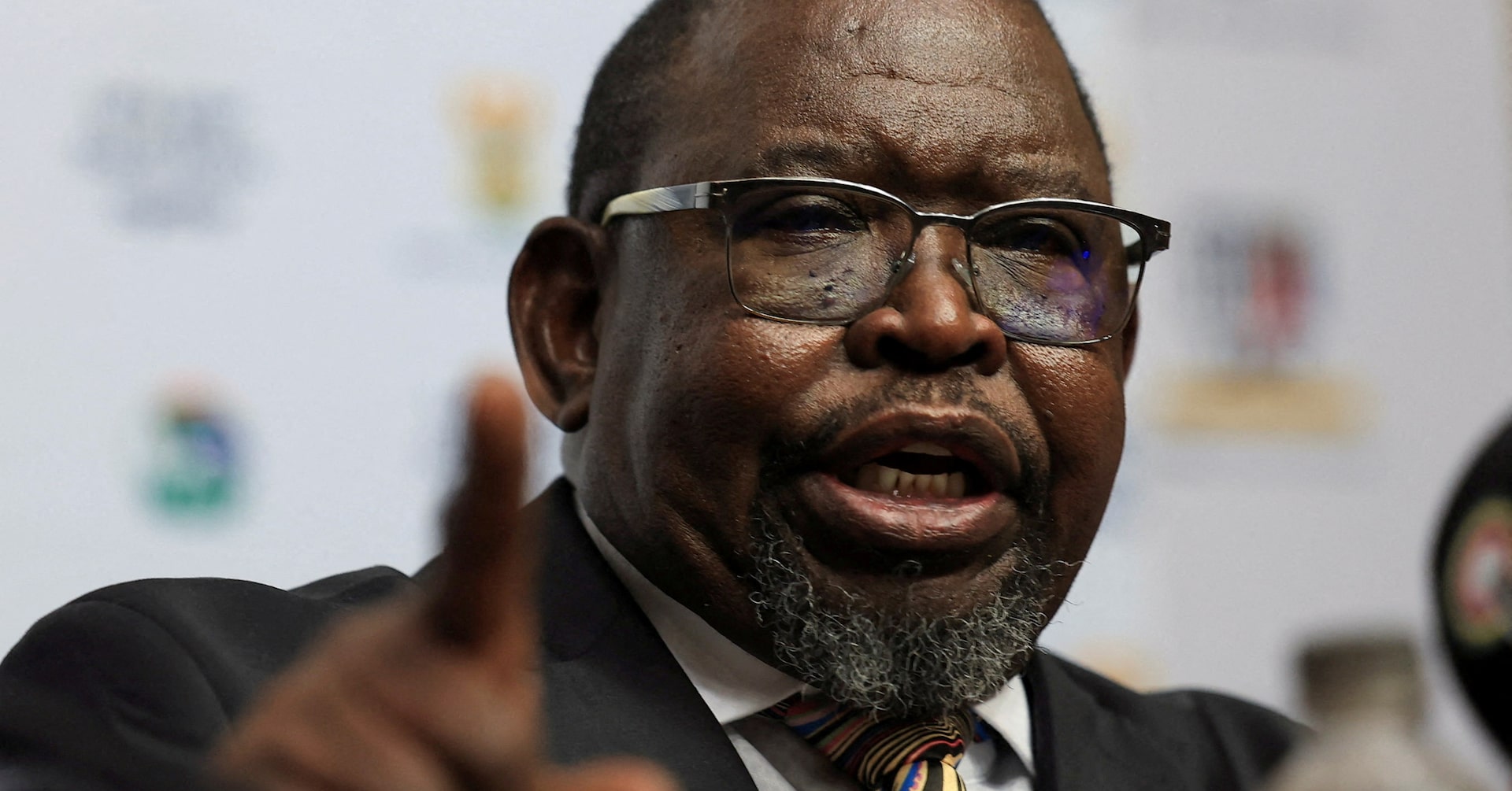VAT Controversy: South Africa's Finance Chief Stands Firm Amid Political Pressure

In a defiant stance amid political pressure, South African Finance Minister Enoch Godongwana has firmly rejected calls for his resignation following the government's recent policy reversal on a proposed value-added tax increase. Speaking candidly on Thursday, Godongwana dismissed the mounting criticism from opposition parties, standing resolute in his commitment to his ministerial role.
The controversial tax policy U-turn has sparked intense debate within South African political circles, with opposition leaders demanding accountability. However, Godongwana remains unfazed, asserting his continued dedication to steering the country's complex financial landscape through challenging economic times.
By refusing to step down, the Finance Minister sends a clear message that policy adjustments are part of responsive governance, and that such changes should not be interpreted as grounds for leadership upheaval. His steadfast position underscores a commitment to navigating fiscal challenges with pragmatism and strategic flexibility.
